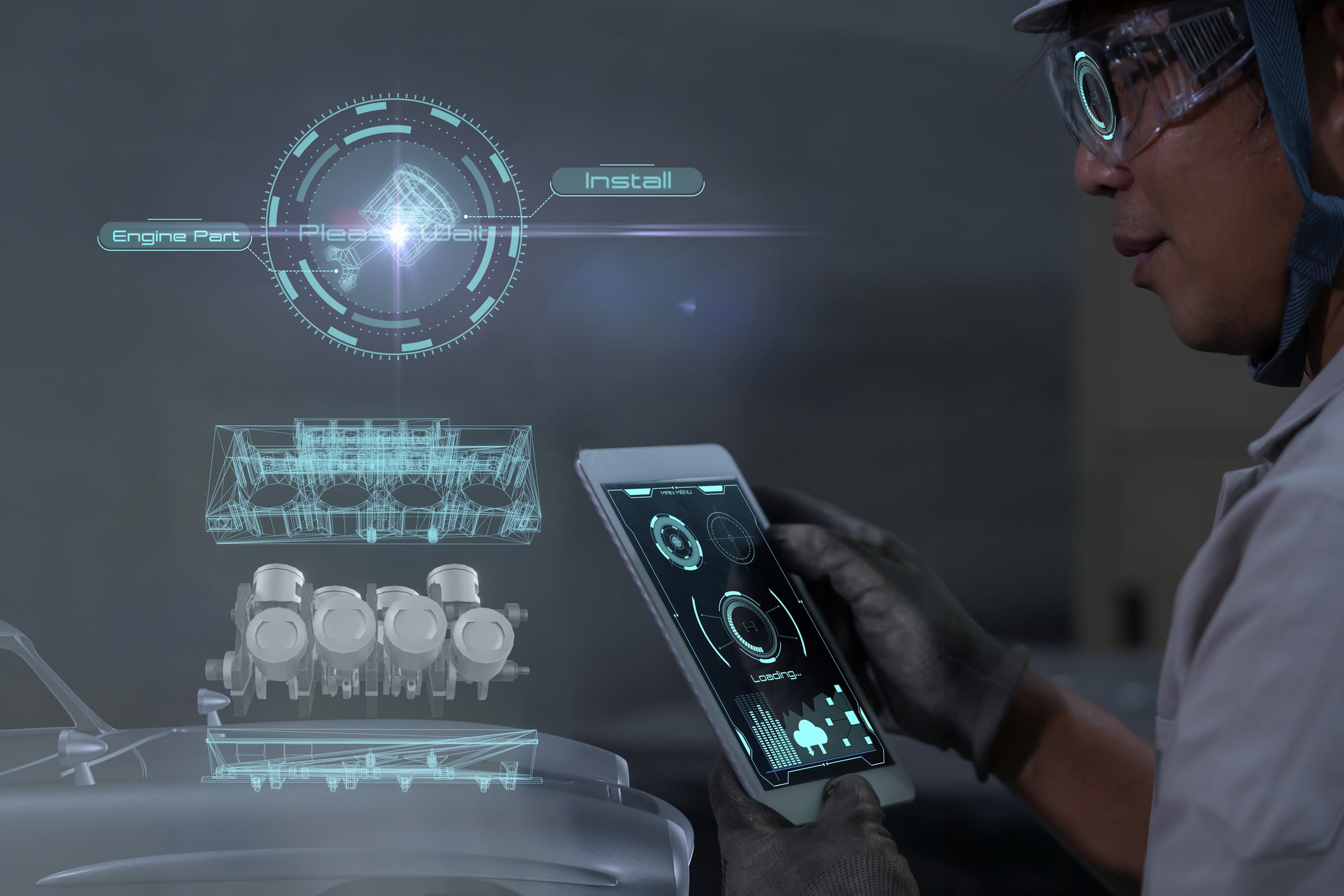Is the metaverse the future of the internet? It’s already here with Big Tech banking on it, and it just might unlock untold economic opportunities for Africa.
BY TIANA CLINE
“IT FEELS LIKE SCI-FI WHEN WE TALK ABOUT it. If you think about the internet that we look at, the metaverse is going to be an internet that we are inside of,” says Derya Matras, Facebook’s Vice President for Africa, the Middle East and Turkey. “Over the last few years, we’ve been observing social communication getting more and more immersive. I remember being in high school and dreaming of having a phone that I could take with me everywhere so I could talk to my best friend. Even being able to talk to my parents over video felt like sci-fi twenty years ago. It’s important that we observe where the technology is moving already.”
Matras explains that the metaverse will be made up of a set of digital experiences that seamlessly interconnect. A deeper and wider virtual reality (VR) that is far more than social media and video games. This is one of the reasons Facebook changed its company name to Meta at the end of October 2021.

The metaverse is going to give a lot of opportunities to Africa but the connectivity has to be there.
– Derya Matras
“Facebook is primarily known as a social media company but we actually define ourselves as a tech company that has the mission of connecting people and businesses. As social technology evolves, we will also,” she says. “Obviously, the metaverse is not there yet and it’s going to take a good ten years to build it all together as an industry.”
Matras believes that the metaverse has the potential to unlock huge economic opportunities for Africa. As a company, Facebook has already made some significant investments into bringing more affordable broadband to the continent. They’re in the process of building 2Africa, the longest undersea cable in the world which will effectively connect three continents – Africa, Europe and Asia (with plans of going live in 2023).
“The metaverse is going to give a lot of opportunities to Africa but the connectivity has to be there. And it is the responsibility of tech players like Facebook and telecom operators and governments to build that collectively,” says Matras. While Facebook, as a social media platform, isn’t going anywhere, what excites Matras the most about the metaverse is its educational implications.
Immersive learning through the use of VR is a field that Louise Claassen, an executive fellow at Henley Business School Africa, is already working on. (And outside of the business school, she also spends a lot of time in AltspaceVR, a social VR platform acquired by Microsoft in 2017.)
“For decades, people have been immersed into the virtual reality space but as individuals. What is happening now is increasingly, we’re seeing multi-user VR environments,” she explains.
While independent VR social spaces have been in existence for a number of years – many of which already have vibrant, thriving communities – people are now looking into these environments as business tools and in the med-tech space. Research out of the University of Maryland, for example, showed that VR not only increases memory retention, but when used as a learning tool could potentially treat memory-related disorders like Alzheimer’s.
“One of the qualities we have in virtual reality is embodiment, that sense of being present in a different environment. Your body is responding to where your mind believes that you are. There are all sorts of very interesting opportunities that this convergence into the metaverse present,” says Claassen.
At Henley, Claassen works with VR by creating rich immersive experiences for her students and in particular, global case studies that transport them to different places to understand different economies: “From a business school perspective, we believe that it’s important for leaders to have well-developed cultural intelligence and they can only do that if they travel. While physically visiting and being immersed in different contexts still has tremendous merit, what virtual reality does is it democratizes that process so more students can go to more locations more frequently.”
What the metaverse can bring to education (and many other sectors) is that immersive experience at the click of a button. A digital twin where data is not only visualized, but augmented.
“When we can see each other move in a three-dimensional space, we decode that information in a very different way and that’s very powerful,” says Claassen, “it give us a much more dynamic experience of the world which is pretty much what the metaverse offers, on scale.”
